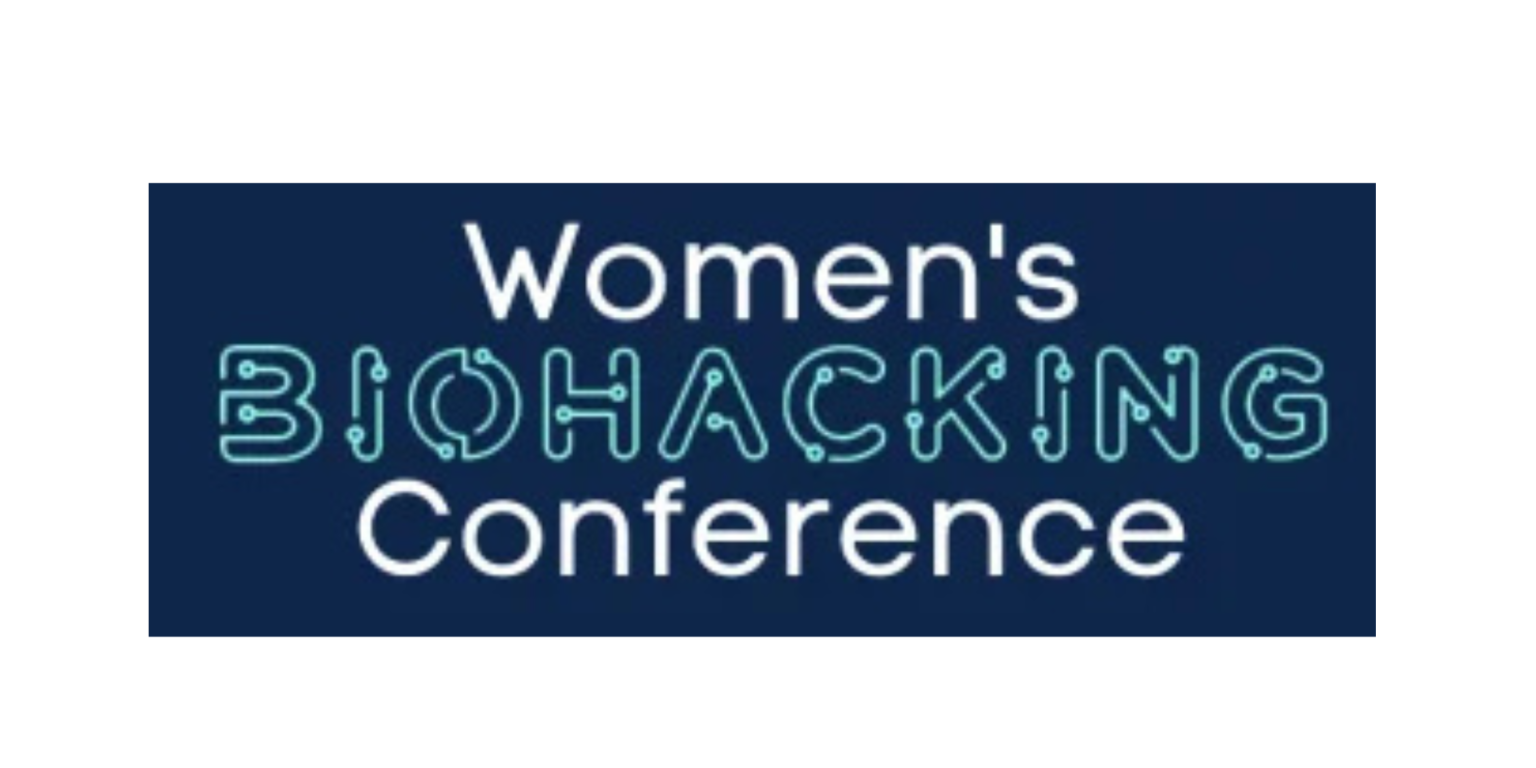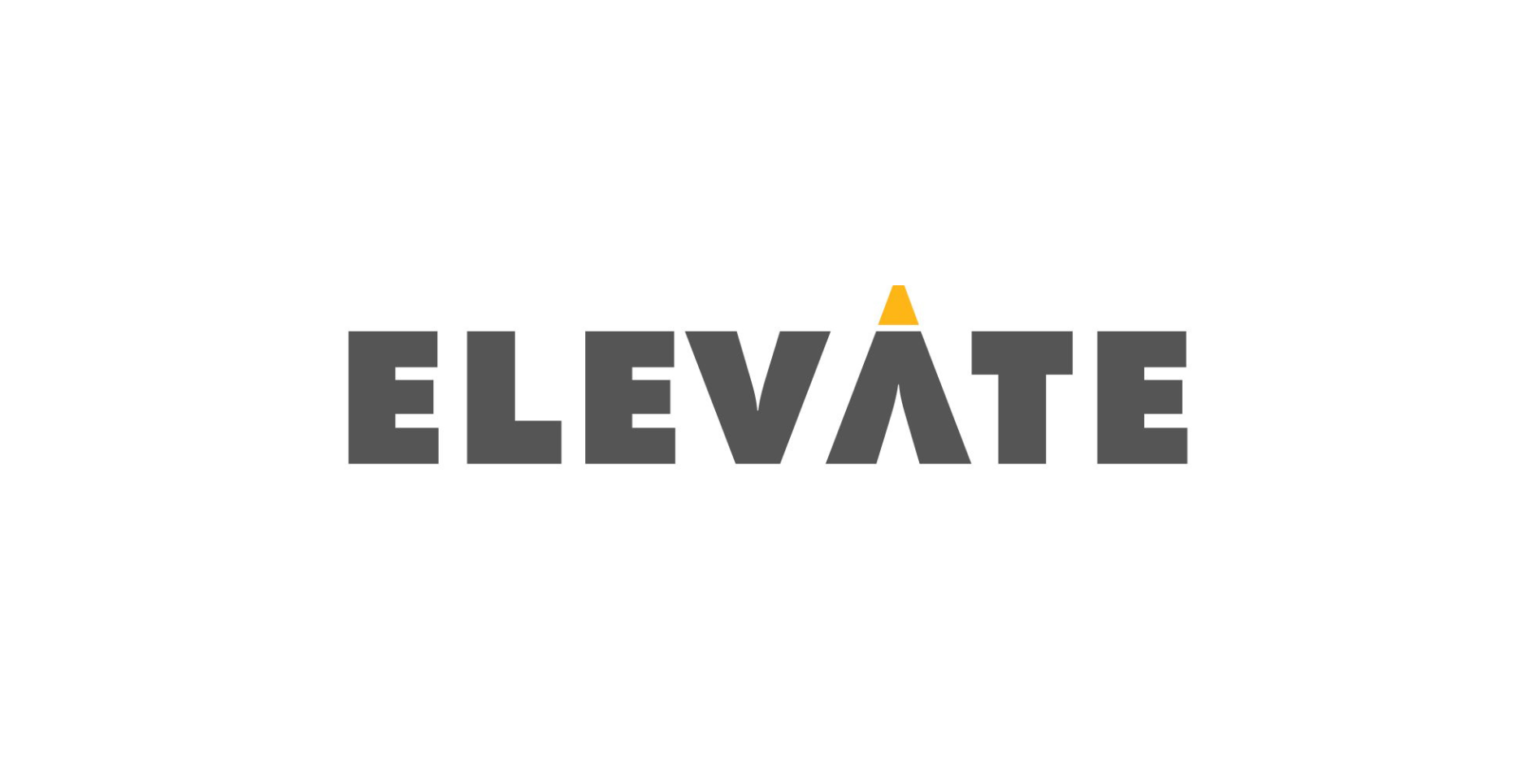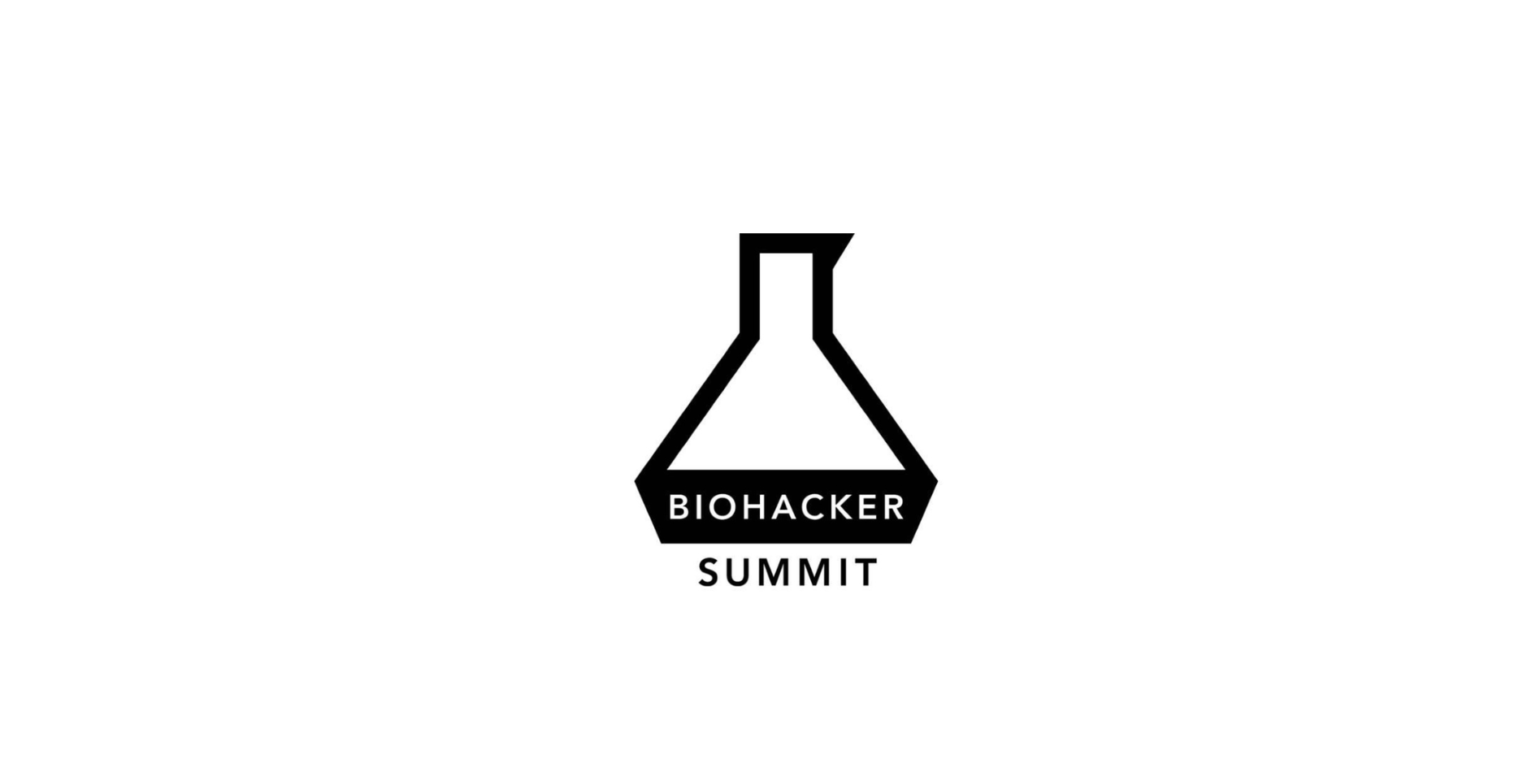
Angela Foster Performance Podcasts - Episode 15
EP 15 – Optimising Your Brain For High Performance – with Dr Andrew Hill
This week sees Angela in conversation with Dr Andrew Hill, the founder of the Peak Brain Institute, and an expert in Cognitive Neuroscience, attention and neurofeedback.
Dr Hill joins Angela today to talk about how to optimise your brain for high performance, how to access different brain wave states, and how to cure conditions such as insomnia, ADHD and PTSD.
Listen to podcast the way you want
01
Listen with Transcript
02
Listen without Transcript
03
Watch on Youtube
Optimising Your Brain For High Performance – with Dr Andrew Hill
This week sees Angela in conversation with Dr Andrew Hill, the founder of the Peak Brain Institute, and an expert in Cognitive Neuroscience, attention and neurofeedback.
Dr Hill joins Angela today to talk about how to optimise your brain for high performance, how to access different brain wave states, and how to cure conditions such as insomnia, ADHD and PTSD.
Key Takeaways
- Taking control of your brain performance is almost like going to a gym. By following a workout routine, you can achieve physical goals. It’s the same with brain performance, and each “workout” is tailored to your optimal goals.
- ADHD sufferers rely on the environment they’re in to cue which mode their brain is in. In a high stimulus environment, they are generally more focussed than average. This is why they can play video games for hours, but cannot seem to concentrate in a classroom.
- If you drink alcohol every day, even small amounts, then coming away will leave your brain wanting Gaba, a chemical messenger in the brain that is supplied by drinking. The longer you drink, the more stuck you become in that need.
- One of the most common misconceptions with alcohol is that a glass of something will help you sleep, when in fact it disrupts the formation of deep sleep, and causes toxins which disrupt sleep.
- Before age 12, your children will identify with the values and socialisation that you bring them up with. From 13 through to late teens, there is a common dis-identification from parents and a rededication with peer. This is usually the phase in which the child will rebel, or seek to establish an identity separate from the family unit.
- The biggest driver we have for circadian rhythm is not light, but when we eat. To keep ourselves in that rhythm, we need to not eat at the end of the day. It’s the most important rule.
- Don’t eat before you go to bed. Don’t eat as soon as you wake up. Exercise in the morning before you eat. These are the cardinal rules for circadian reinforcements.
- The best way of losing weight is to sleep at the right time. You can literally sleep yourself thin. Getting the right amount of sleep actually helps you to gain muscle mass.
Best Moments
‘Hire a doctor and they give you answers. Hire a scientist and they give you questions’
‘You shift through neutral in and out of gears’
’There are no benefits to alcohol’
‘People are variable and it’s a complicated formula’
‘If you’re living with signals that don’t make sense to your brain, then you get depressed and tired’
Valuable Resources
Contact Details
About the Host
Angela Foster
Angela is a Nutritionist, Health and Performance Coach. She is also the Founder and CEO of My DNA Edge, an Exclusive Private Membership Site giving individuals the tools and bio hacks needed to optimise their genetic expression for optimal health and performance.
After recovering from a serious illness in 2014, Angela left the world of Corporate Law with a single mission in mind:
To inspire and educate others to live an energetic, healthful and limitless life.
Angela believes that we can truly have it all and has spent the last 5 years researching the habits and routines of high performers, uncovering age-old secrets, time-honoured holistic practices and modern science to create a blueprint for Optimal Human Performance.
About the Guest
Dr. Hill is one of the top peak performance coaches in the country. He holds a Ph.D. in Cognitive Neuroscience from UCLA’s Department of Psychology and continues to do research on attention and cognition. Research methodology includes EEG, QEEG, and ERP. He has been practicing neurofeedback since 2003.
In addition to founding Peak Brain Institute, Dr. Hill is the host of the Head First Podcast with Dr. Hill and lectures at UCLA, teaching courses in psychology, neuroscience, and gerontology.
Subscribe to receive the latest health tips
Get my latest health, fitness, biohacking, anti-aging tips, and podcast episodes delivered straight to your inbox.
Recent Podcasts
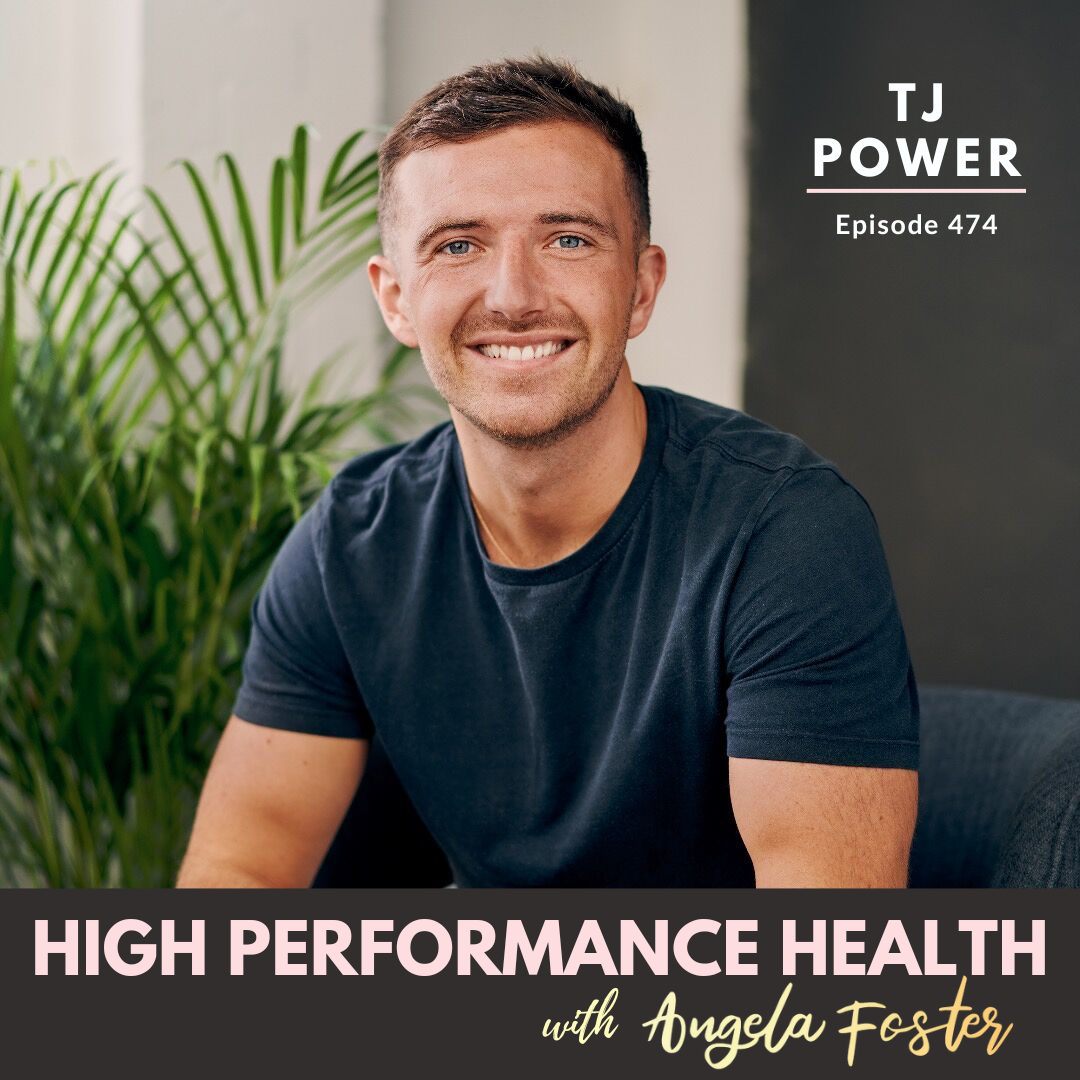
EP 474 – Replay: The DOSE Effect and The Truth About Dopamine, Focus & How to Reset Your Brain Without Quitting Social Media | TJ Power
In this bite-sized but powerful episode of High Performance Health, I sit down with the incredible Julie Gibson Clark—named one of the slowest-aging women alive—to talk about tuning into your body, spotting subtle hormone imbalances, and how a fibroid diagnosis challenged everything she thought she knew about her health.
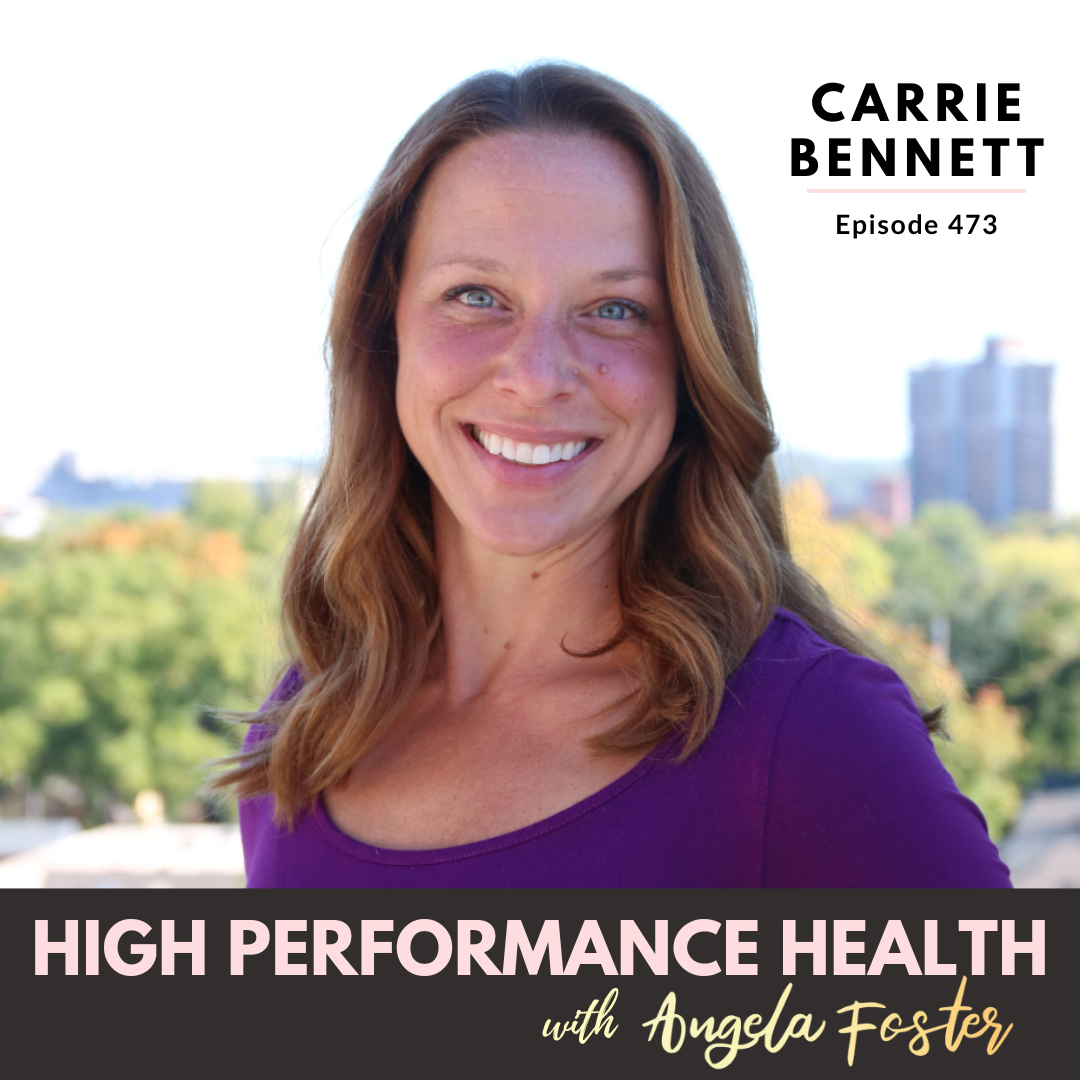
EP 473- Bitesize: The Real Reason You’re Still Tired Even When You Hydrate
In this bite-sized but powerful episode of High Performance Health, I sit down with the incredible Julie Gibson Clark—named one of the slowest-aging women alive—to talk about tuning into your body, spotting subtle hormone imbalances, and how a fibroid diagnosis challenged everything she thought she knew about her health.
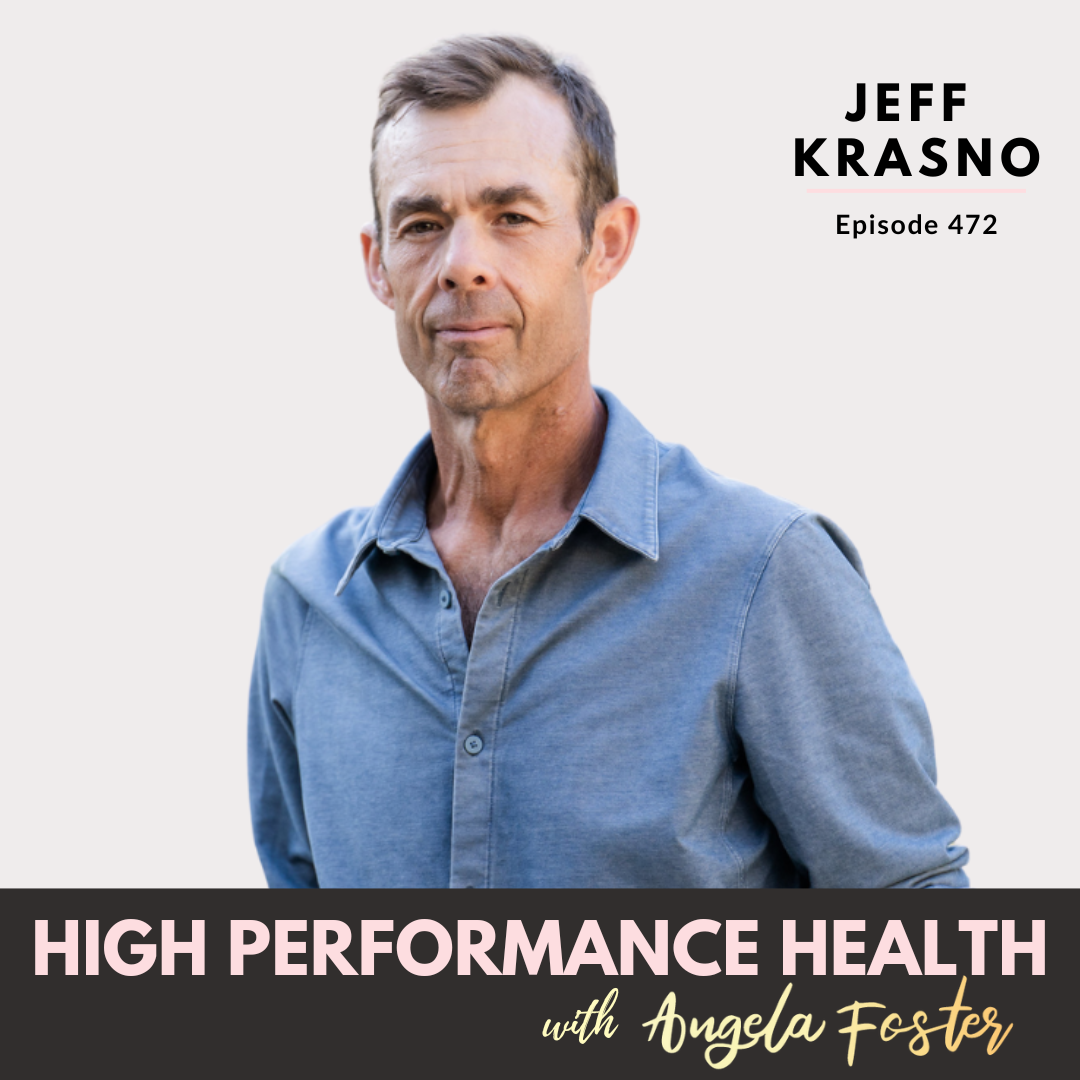
EP 472- What if Stress Isn’t the Enemy? How to Turn it Into Power | Jeff Krasno
In this bite-sized but powerful episode of High Performance Health, I sit down with the incredible Julie Gibson Clark—named one of the slowest-aging women alive—to talk about tuning into your body, spotting subtle hormone imbalances, and how a fibroid diagnosis challenged everything she thought she knew about her health.
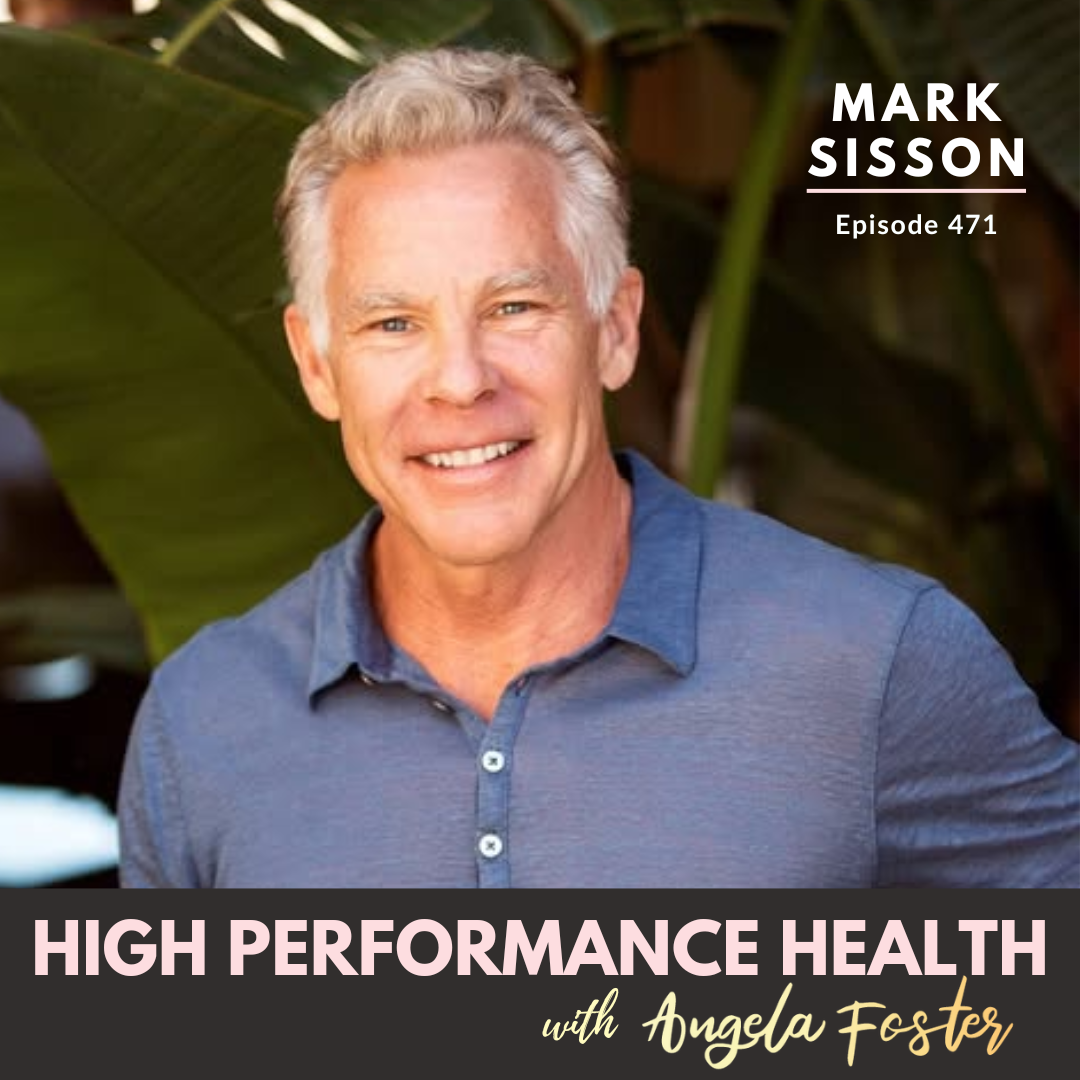
EP 471- Bitesize: Why Running Might Be Wrecking Your Hormones (And What to Do Instead) | Mark Sisson
In this bite-sized but powerful episode of High Performance Health, I sit down with the incredible Julie Gibson Clark—named one of the slowest-aging women alive—to talk about tuning into your body, spotting subtle hormone imbalances, and how a fibroid diagnosis challenged everything she thought she knew about her health.





